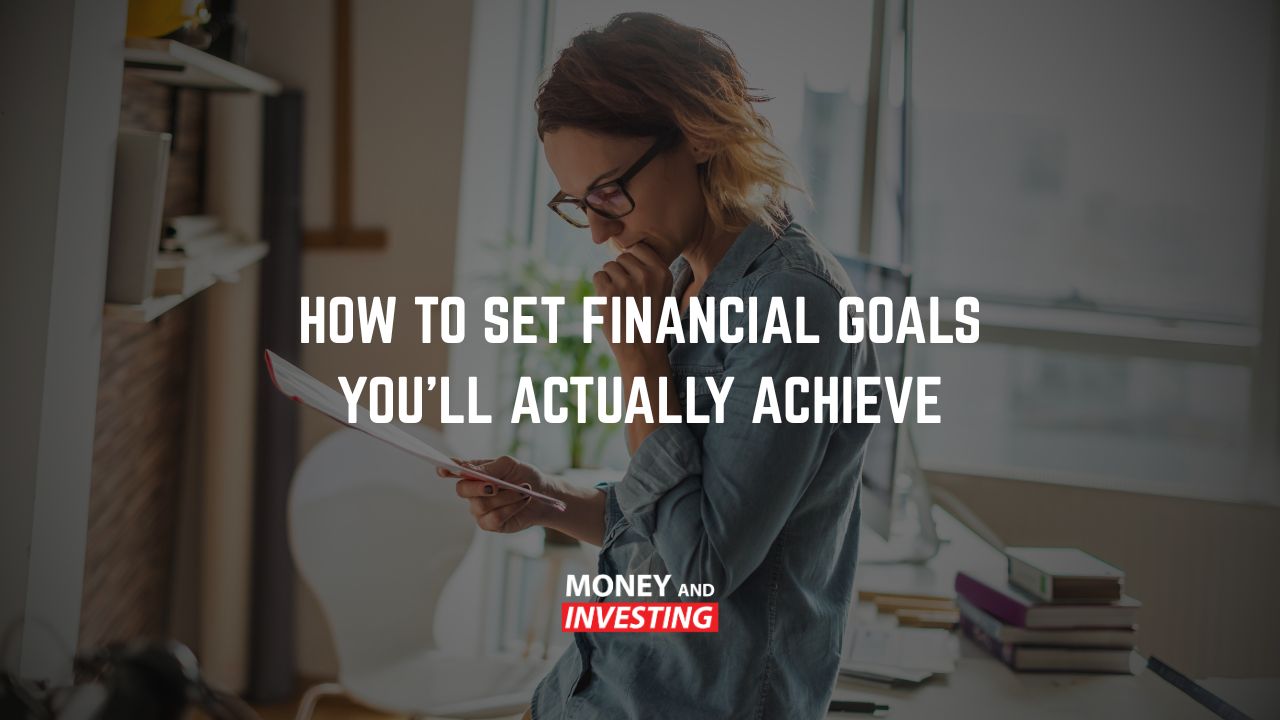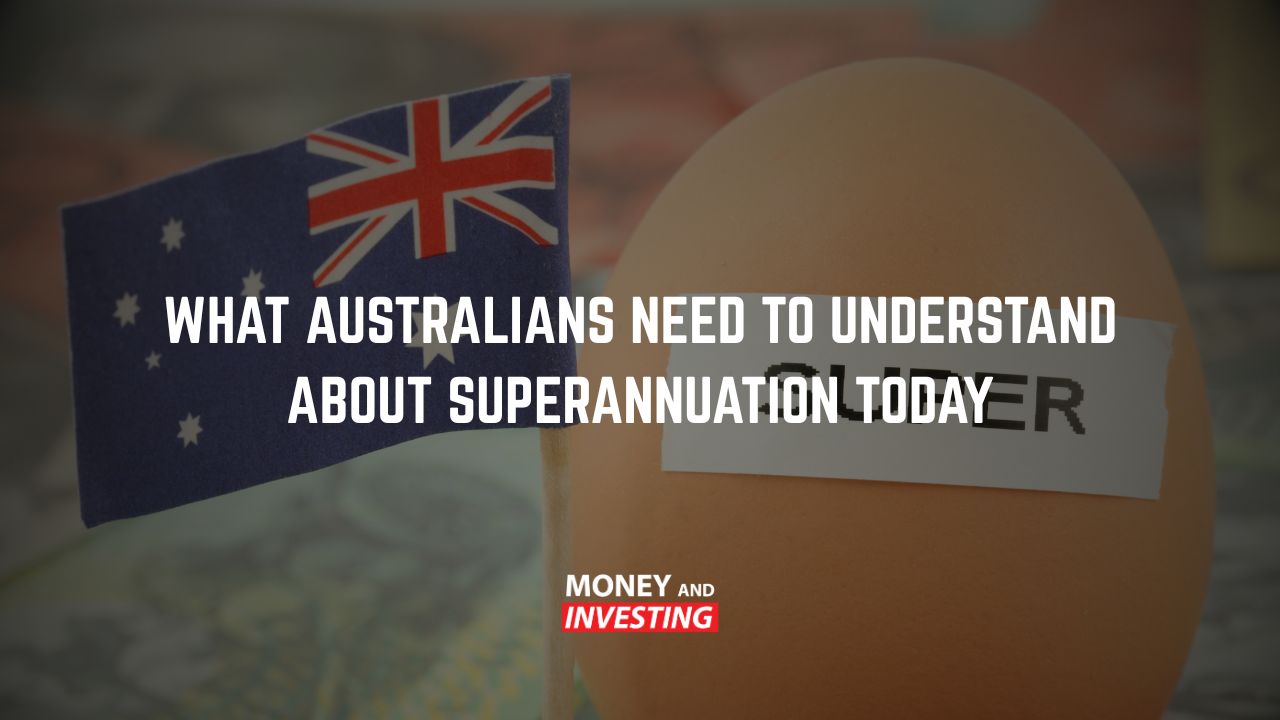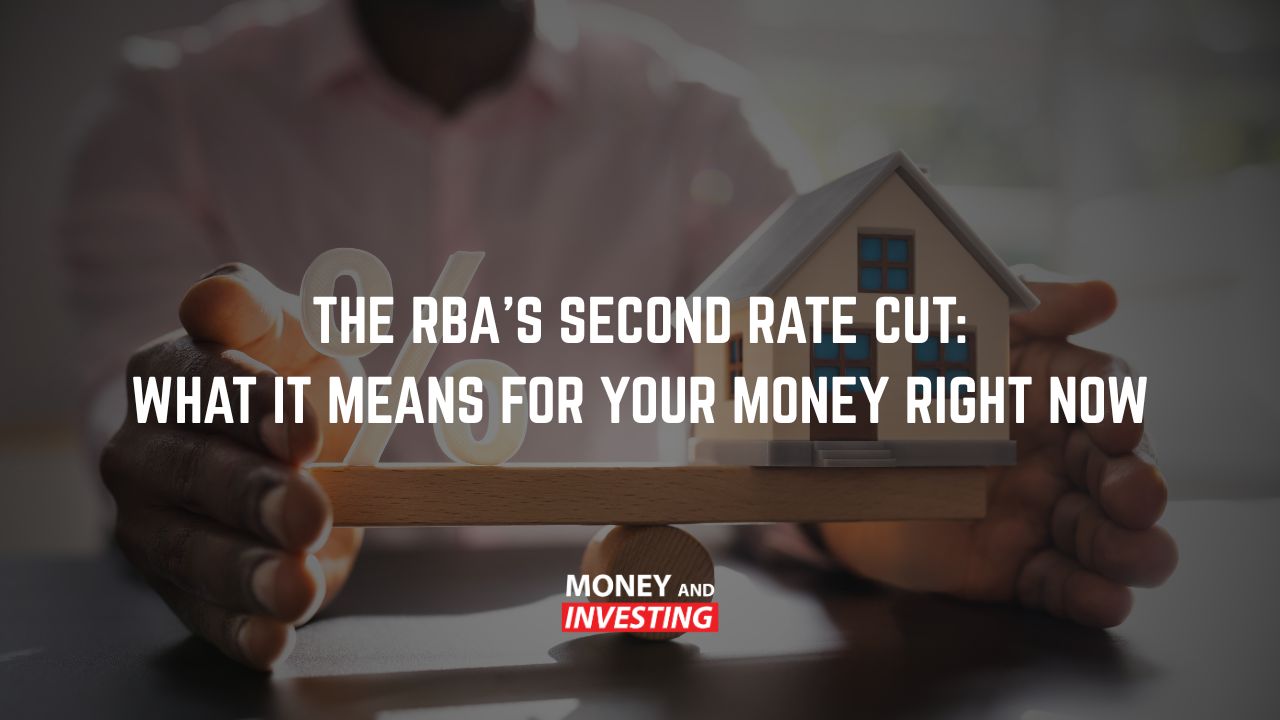Australian Economy: As we continue to sail unchart territory, the flow-on effects of the Coronavirus are made evident as our economy continues into recession. The government, RBA and many businesses across Australia have made many tough decisions in this time, and it’s essential to look into what those decisions entail to understand what’s really going on.
Perception vs. reality
This may come as a shock to some, but economically speaking, we’re in a recession. Hosts Andrew Baxter and Mitch Olarenshaw state that while many business owners and employees claim to busier than ever before with booming sales. Their claims are merely anecdotal.
To back it up with statistics, consumer confidence is currently 8% higher than where it was this time last year. As is retail spending on discretionary items like sporting goods, camping accessories and 4WD parts.
At face value, you’d think that people would be gripping to their money tightly in our current economic state. Instead, it seems to be the opposite.
People’s increase in spending could be attributed to early access to their superannuation, job keeper, or holiday payments. However, the perception of this recession is very different to the reality of where the economy stands right now.
Interest rates and the RBA
The RBA recently announced that it will not be changing the current interest rate from 0.25% any time soon. What does this mean? And how does it affect the everyday Australian?
It means that nothing will change. Mortgage rates will stay where they are any anyone with any kind of savings or investment will suffer.
Andrew puts it this way: if you’re a self-funded retiree, you’re getting less interest on your cash at the bank, bonds aren’t providing you with what they should, property yields are down, and as the overall ‘risk-free’ rate falls so to do overall investment returns.
Simply, no cut in the current interest rate regime means no change to our financial markets.
The new normal?
This week, Virgin Australia announced that they will be laying off over 3,000 staff members and completely axing their budget airline offshoot, Tigerair.
In the economy right now, there are clearly many winners and also many losers.
Sadly, we don’t think this will be a once-off instance. What we’re seeing with Virgin is a foretelling of what may be ahead for other people in high-risk industries as many small businesses start to fold.
Andrew seems to think that in industries like travel or hospitality layoffs may become the new norm. Particularly with those traditional businesses who fail to pivot or adapt to the current conditions.
Unemployment rates
Unemployment currently sits at around 13% as confirmed by Treasurer Josh Frydenberg.
While this may seem like a high statistic, it’s likely to increase as we move through this pandemic. Is the unravelling of Virgin a warning for what is to come? Only time will tell.
Relief packages – Decisions made on the fly
Throughout this pandemic and economic crisis, the Australian government has been forced to make some big-dollar-decisions on the fly to keep us afloat.
The main fiscal support package in contention has been the Job Keeper allowance.
Did you know that 1 in 4 recipients of Job Keeper are receiving more from the government per week than what they were earning when they were working?
And that’s not forgetting that they’re also accruing holiday and sick pay despite the cash register barely ticking over. These are payments that the employer will need to fork out further down the track. To us, it doesn’t make a lot of sense.
Next, we have the $1500 ‘disaster payment’ for those who are in lockdown without a job. The question arises, where are you supposed to spend this money? What if they’re already in debt?
A mere $1500 is not going to cover your mortgage or car lease, and, given the small amount, it doesn’t offer the option to invest it, so what are you meant to do with it?
The triple guarantee initiative
Next, we have new ‘Triple Guarantee’ initiative, which provides free childcare for parents in need. Without the intention to offend, if you’re at home and in lockdown, why do you need to send your kids to childcare? Though this is great for disabled parents, a led parents may not need it.
Frankly, all of these packages cost the government money, ultimately lead to higher taxes and putting us in a tough situation moving forward.
Good for votes yes, but good for the economy? We aren’t so sure. The uncertainty and rockiness of the road ahead are inevitable. Where the economy will stand to support the obsessive print of money, yet underlie issues remain truer than ever.
Want to know more? Listen and subscribe to the Money and Investing podcast.A new episode is released every Monday to Apple Podcasts, Google Podcasts, Spotify and YouTube.



